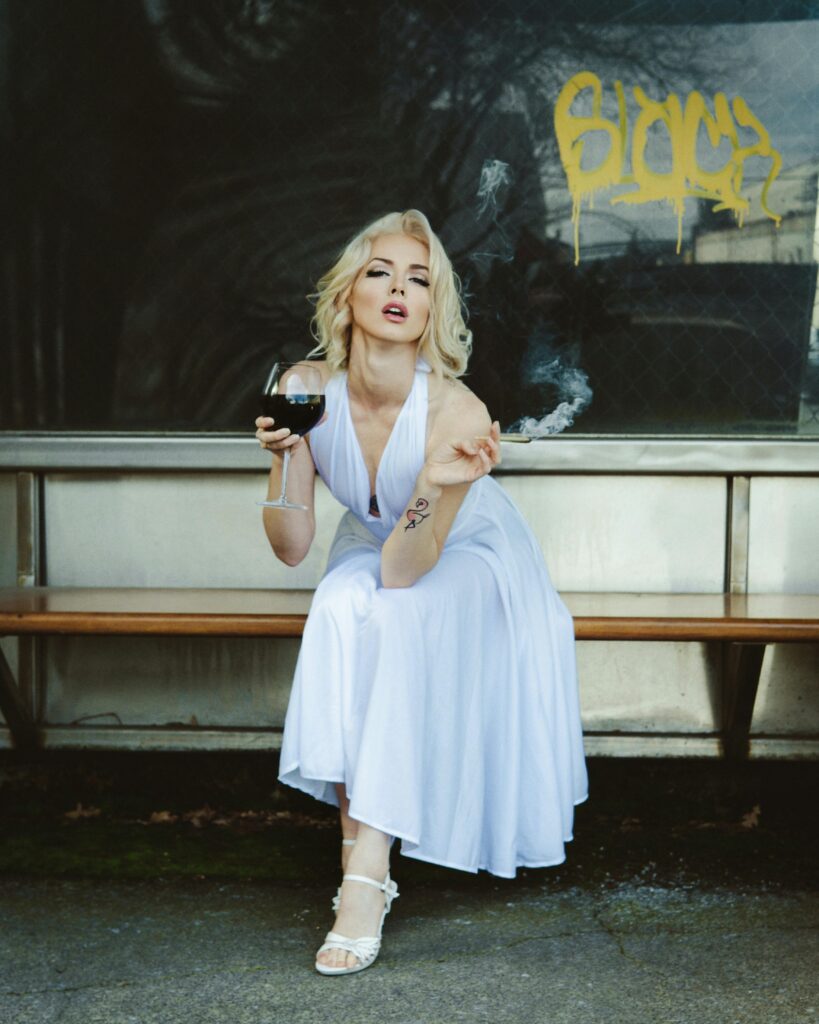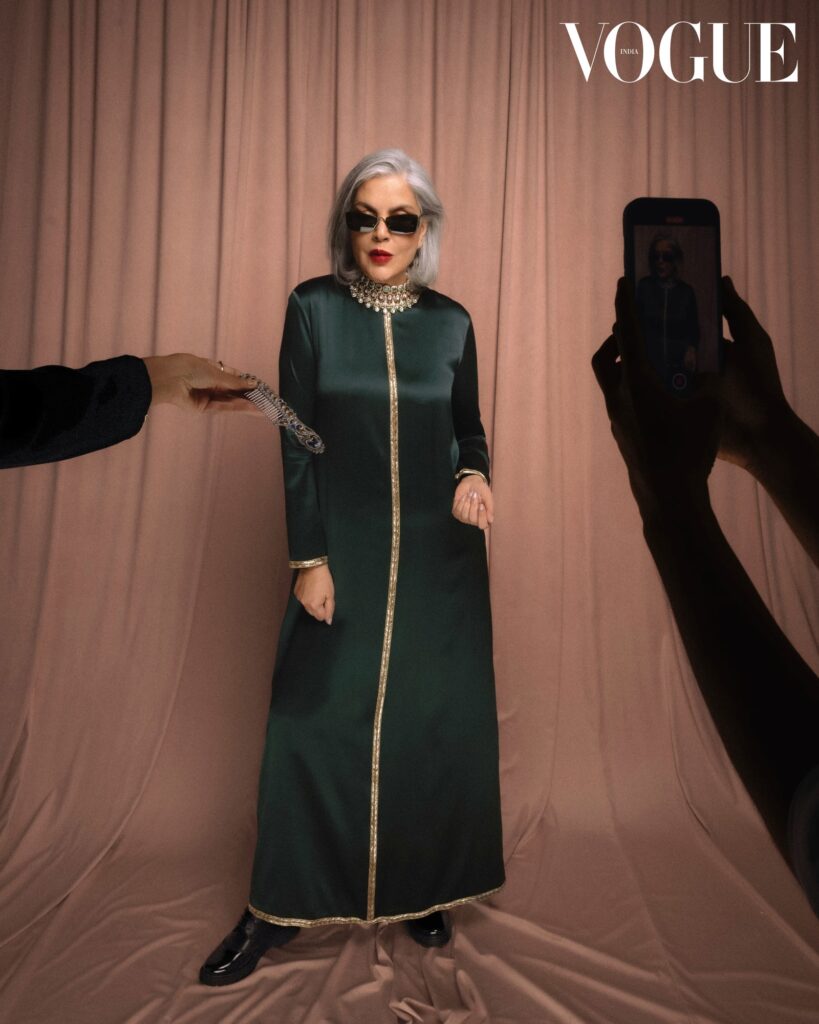‘I’m an aunty and proud,’ says Zeenat Aman; how women face sexism and ageism as they grow older, often encountering dismissive terms
Sharing a picture of herself, she wrote in the caption, “Which genius decided that ‘aunty’ is a derogatory term? It certainly wasn’t me.”Bollywood icon zeenat aman has been redefining ageing gracefully, even as she candidly embraces labels that are often used to dismiss women as they grow older.
In an Instagram post published last week, she spoke about wearing the ‘aunty’ tag with pride, highlighting how society tends to marginalise women with terms that carry undertones of both sexism and ageism. Sharing a picture of herself, she wrote in the caption, “Which genius decided that ‘aunty’ is a derogatory term? It certainly wasn’t me.Where would we be without those ubiquitous older women who make our lives comfortable and warm and secure? The Indian auntya unty is everywhere, and she doesn’t even have to be related to you. She provides a shoulder to lean on, an ear to your problems, a hot meal, a silly joke, a welcoming home, a righteous scolding, a pearl of wisdom.”She added, “Me? I’m an aunty and proud. It’s a tag I’ll happily wear on my sleeve, or in this case, across my chest.”Her response resonates with many women who, as they age, face not only the pressures of maintaining youthful appearances but also the judgement that comes with these derogatory labels. ‘I’m an aunty and proud,’ says Zeenat Aman;Zeenat Aman‘I’m an aunty and proud,’ says Zeenat Aman;
Why do terms like ‘aunty’ carry negative connotations when used to describe women?
Sonal Khangarot, licensed rehabilitation counsellor and psychotherapist, The Answer Room, says, “This comes from a preconceived notion which is prejudice and stigma attached to the term ‘aunty.’ In a patriarchal society, women are valued for their youth, reproductive potential and beauty. Ageing makes them move away from these qualities and the labels often make them lose their worthiness.”This is something which is generational, she adds, meaning that in earlier times the men would hunt and protect the family and the women of the houses would cook, look after the children and the house. “If a woman was unable to do the societal duties she was considered inferior and her individuality was stripped away from her.”
Intersection of sexism and ageism, and their impact on the mental health and self-esteem of women
For women like Zeenat Aman, constantly in the public eye and subject to scrutiny about their appearance and choices, this pressure can lead to internalising societal biases and questioning whether they fit the industry’s narrow ideals of beauty and success.
How to combat and reclaim such derogatory terms in a way that challenges societal stereotypes
According to Khangarot, embracing oneself for who they are, and drawing wisdom, resilience, and life lessons from ageing, can empower women to break through societal barriers and inspire others to stand up for themselves, especially when they feel ageing is diminishing their power.“When individuals stop confining themselves to rigid notions about gender or self-worth, and shift from seeking external validation to embracing internal value, they may discover deeper insights and a stronger sense of identity,” she states.
How can communities and workplaces evolve to be more inclusive and respectful of ageing women?
How can communities and workplaces evolve to be more inclusive and respectful of ageing women?
Communities and workplaces are evolving as we speak, reflects Khangarot. “Though the changes might seem small now, they can grow exponentially if we come together.”
“If we normalise ageing and treat it as the natural biological process that it is, women can reclaim their power and shift societal narratives, ensuring that older women feel respected and valued. After all, you are more than just a number, and it’s time we start celebrating that truth,” she concludes.

Your Attractive Heading
